Wisconsin's 2023-25 budget enacted without plan to assist local governments with grants
The biennial state budget passed by Republican lawmakers and signed by Democratic Gov. Tony Evers excludes a proposal by the governor to help local governments apply for federal infrastructure funding.
Wisconsin Watch
July 10, 2023
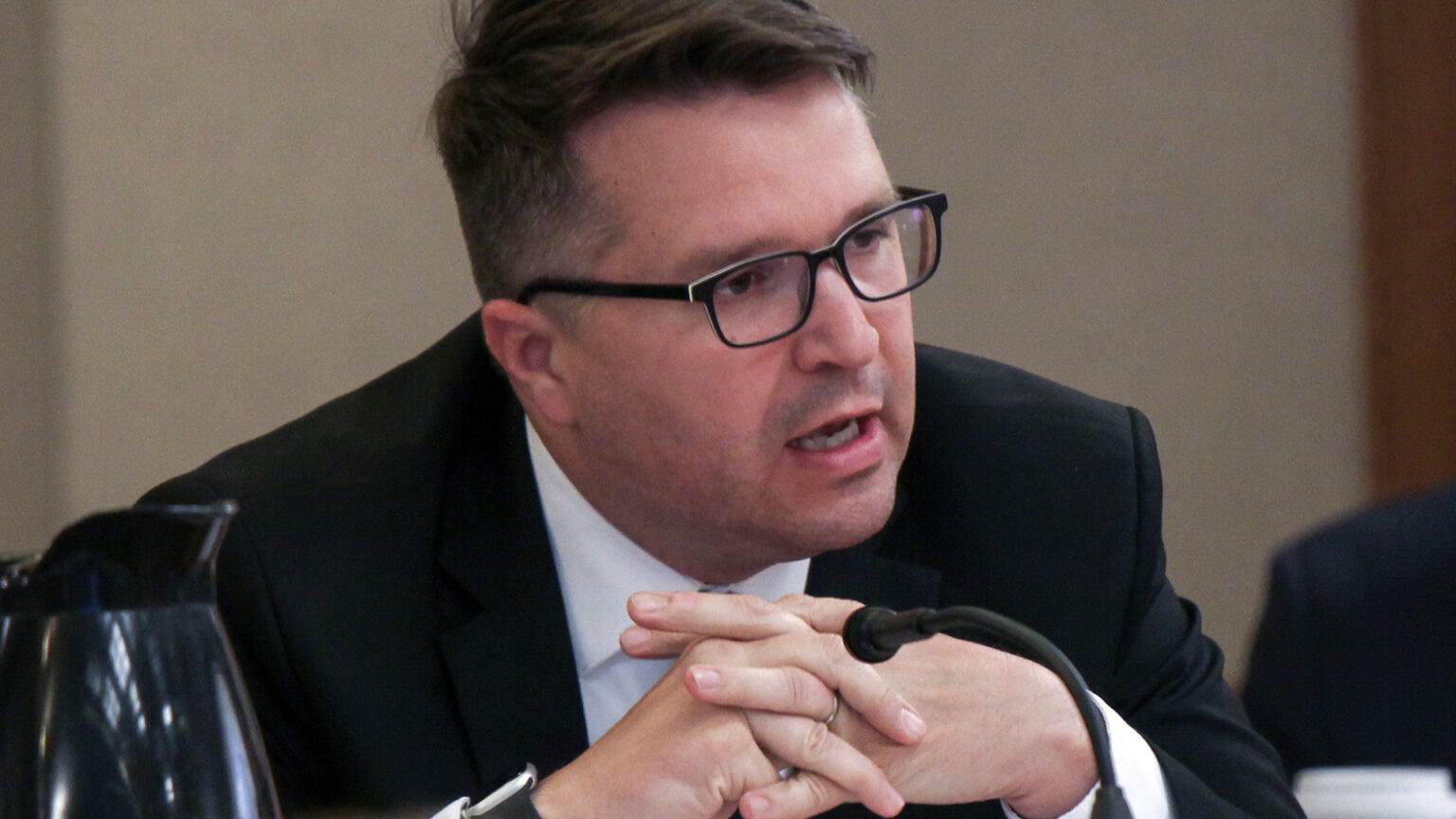
State Rep. Evan Goyke, D-Milwaukee, speaks during a Joint Finance Committee meeting on June 8, 2023, in the Wisconsin State Capitol in Madison. Goyke described a budget proposal to create a five-person resource team as "a small amount of state money that can help local units of government access large amounts of federal funds." (Credit: Drake White-Bergey / Wisconsin Watch)

This article was first published by Wisconsin Watch.
Wisconsin’s small communities could obtain slices of the billions of federal dollars allocated for infrastructure and renewable energy projects, such as upgrading drinking water systems or purchasing electric buses.
But the Republican-controlled Legislature has rejected a recent proposal to help staff-strapped towns and villages circumvent the greatest barriers for bringing home such funds: the federal government’s time-consuming application and record-keeping requirements.
In his two-year budget proposal, Democratic Gov. Tony Evers pitched the creation of a five-person resource team to help local governments identify and apply for federal and state grants.
“This is a small amount of state money that can help local units of government access large amounts of federal funds,” Milwaukee Rep. Evan Goyke, the ranking Democrat on the state’s budget-writing committee, said during a June hearing. “And what those federal funds can do locally can be transformational, but those locals have to know the opportunity is there and they have to have the technical assistance.”
However, the GOP-controlled Joint Committee on Finance rejected the $960,000 measure along party lines before sending the budget to the full Legislature.
Evers on July 5 signed the budget, vetoing 51 items from the $99 billion plan mostly authored by Republicans, including scaling back a major income tax cut and extending school funding increases for more than 400 years. But because the state grant team under his original proposal would have created new positions, Evers could not write them back into the budget with his veto pen.
Small communities struggle to manage grants
Wisconsin cities and villages, where the median population is about 1,500, often lack the staff capacity to track, apply for and manage grants.
“Wisconsin is a state of small towns. We need to recognize the limitations,” said Jerry Deschane, executive director of the League of Wisconsin Municipalities. “They simply don’t have a bunch of bodies sitting around waiting to do federal paperwork.”
In southwest Wisconsin, the village of Cassville, population 777, contracts with a local engineering firm for grant administration.
Keevin Williams, who retired as village president earlier this year after 27 years in public service, said grant applications and recordkeeping would be significantly harder to handle without outside assistance. A state team could be of great use to communities lacking that resource, he said.
But even for small municipalities that employ staff with expertise, federal programs aren’t always relevant to their needs.
“Much of the funding at the federal level tends to be for projects that we just don’t have,” said David Carlson, administrator of Lancaster, a city of 3,907.
He pointed to a recently announced program that seeks to increase connectivity in rural areas, funded under the Bipartisan Infrastructure Law, which allocated $550 billion dollars in new spending for water, transportation, energy and broadband internet projects. The rural connectivity program requires proposals to have a regional impact, according to grant criteria.
“Let’s face it, most small communities don’t have transportation projects that have regional impacts,” Carlson said.
Environmental lobbyists who backed the grant resource team found most lawmakers actually supported the proposal and observed a need for it within their own communities. But a majority on the Joint Committee on Finance nonetheless opposed creating additional government staff positions.
“It’s the very communities this was most supposed to help that are going to be most hurt by this rather political decision,” said Jennifer Giegerich, government affairs director with Wisconsin Conservation Voters.
Committee co-chairs Sen. Howard Marklein, R-Spring Green, and Rep. Mark Born, R-Beaver Dam, did not respond to requests for comment.
Ultimately, the communities and states that aggressively invest in staff capacity will be the ones that reap the federal funding, Giegerich said.
“My hope is that in the next year, there’s just gonna be so many opportunities coming down and so many communities in Wisconsin who are not able to take advantage of them, that legislators will see the error of their ways and hopefully include this in our next budget.”
This story is a product of the Mississippi River Basin Ag & Water Desk, an editorially independent reporting network based at the University of Missouri School of Journalism in partnership with Report For America and funded by the Walton Family Foundation. Wisconsin Watch is a member of the network.
 Passport
Passport




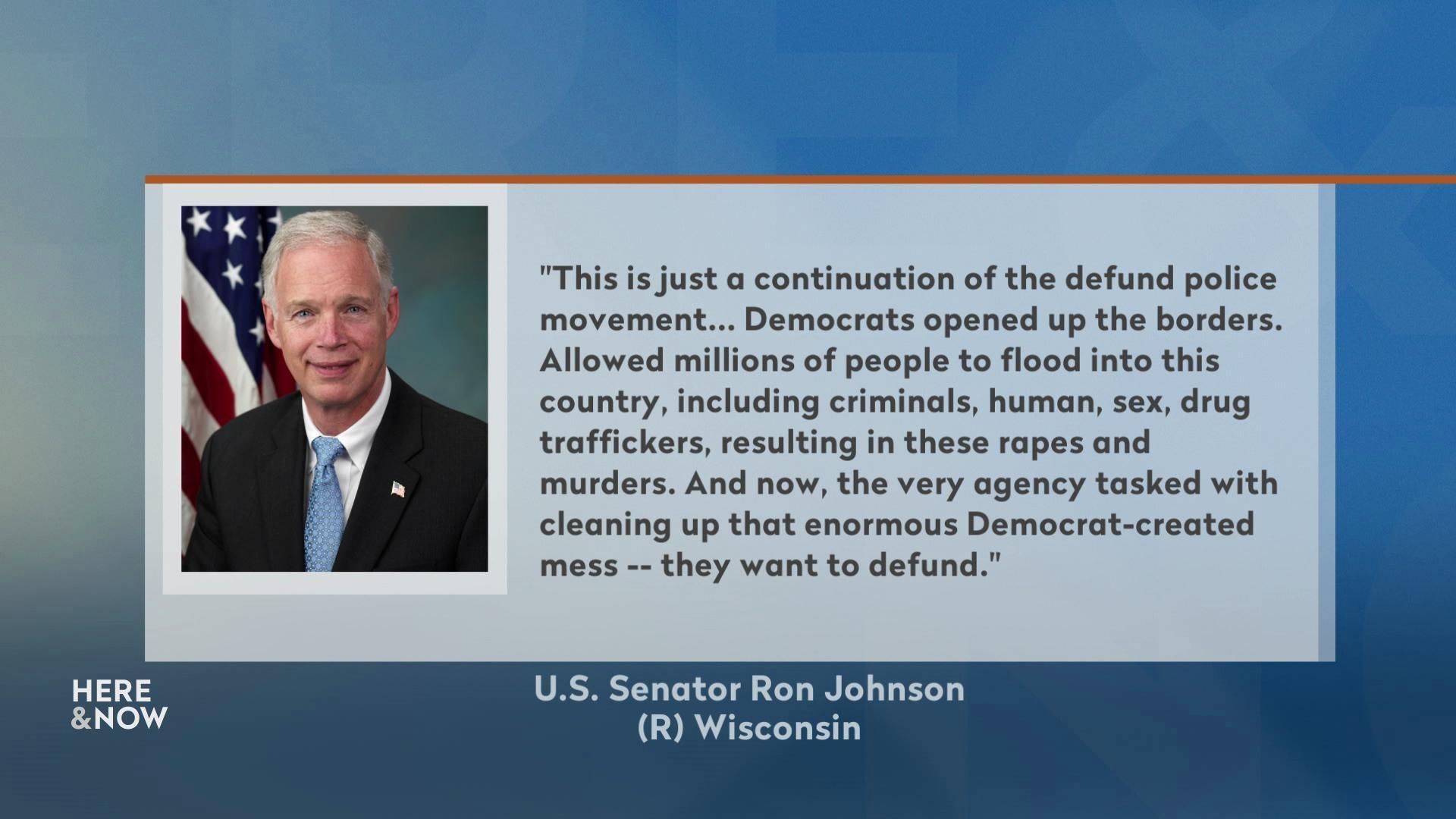
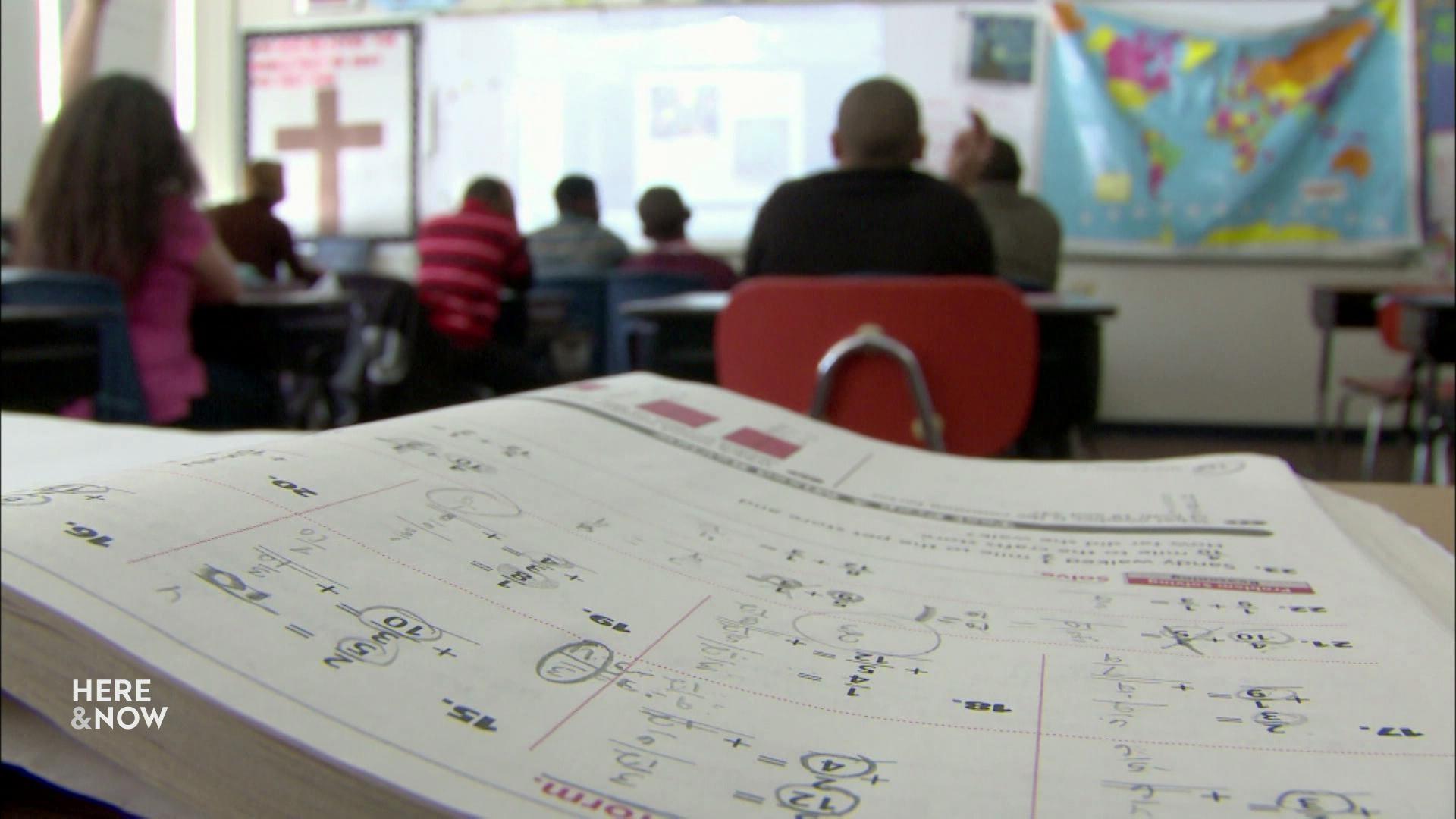
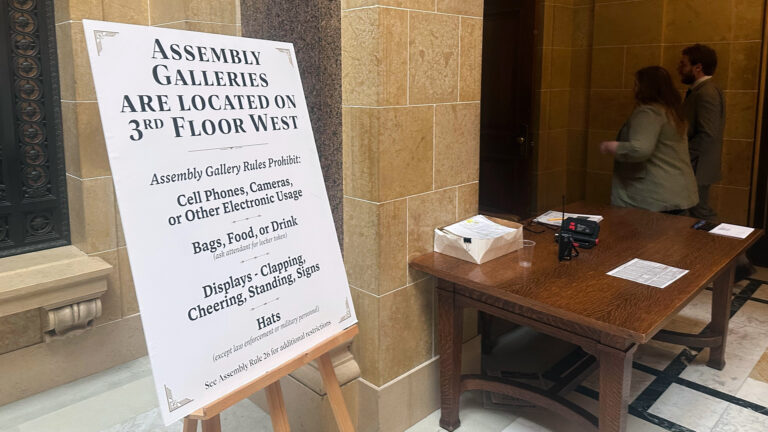
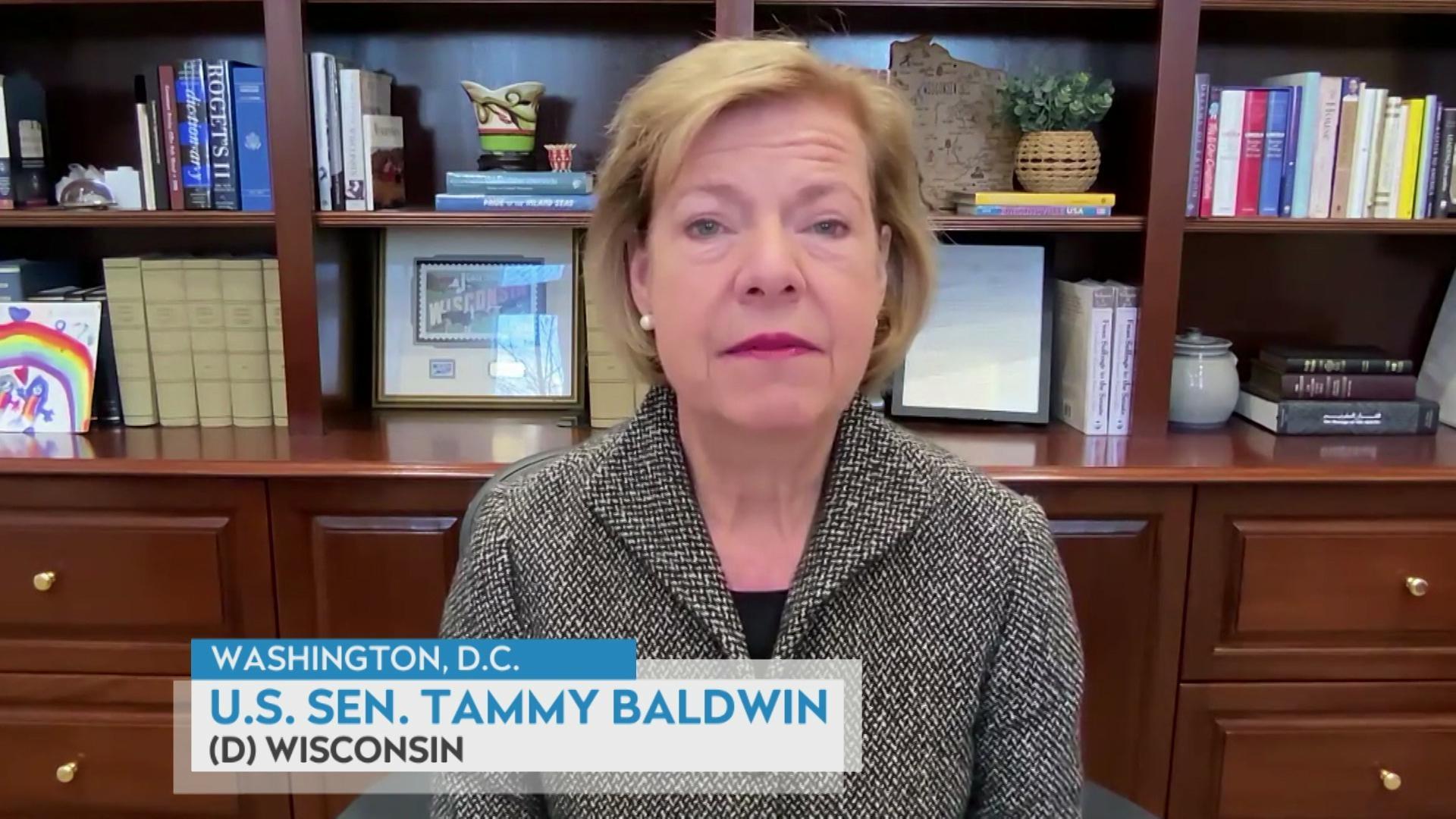
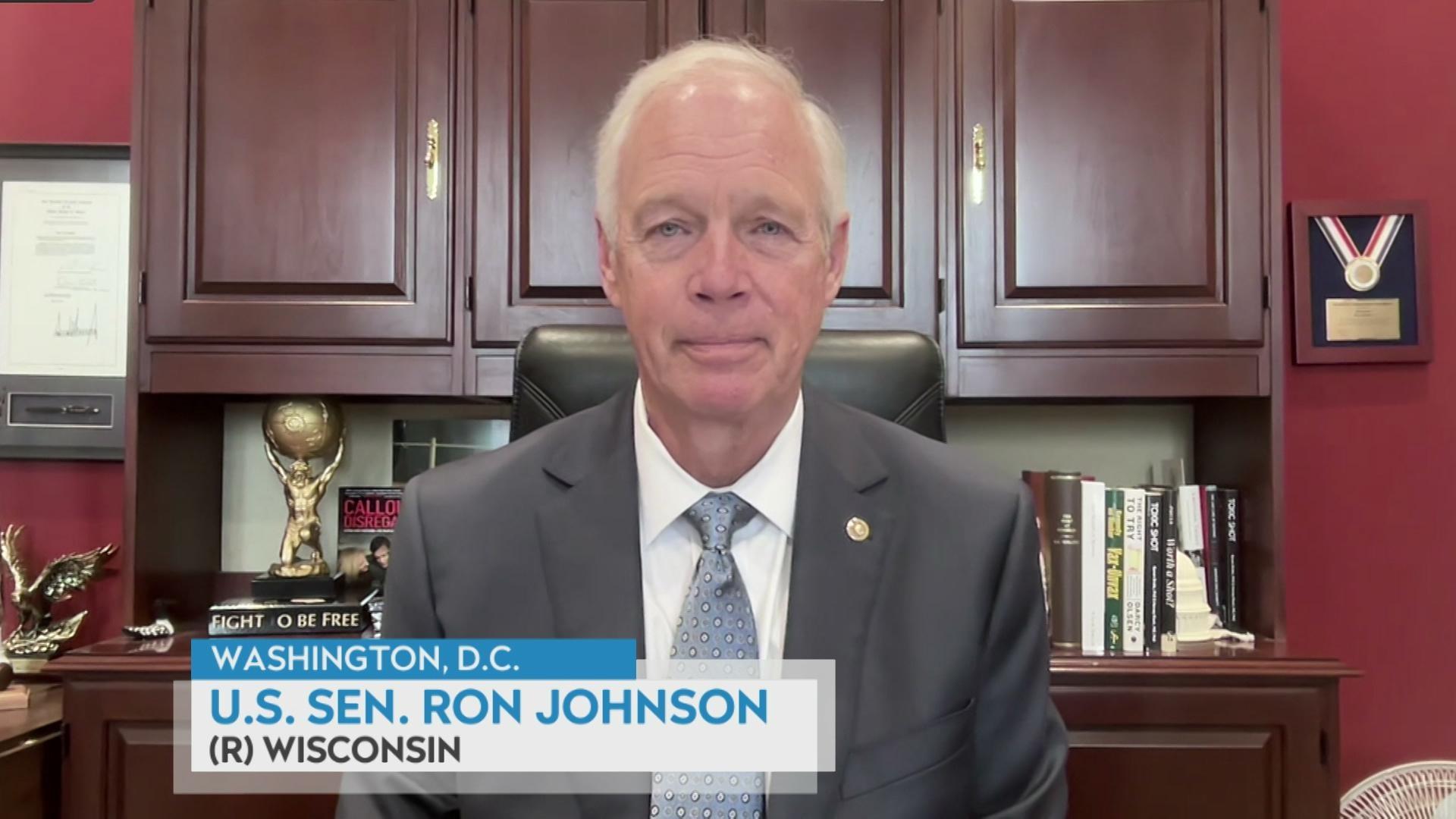
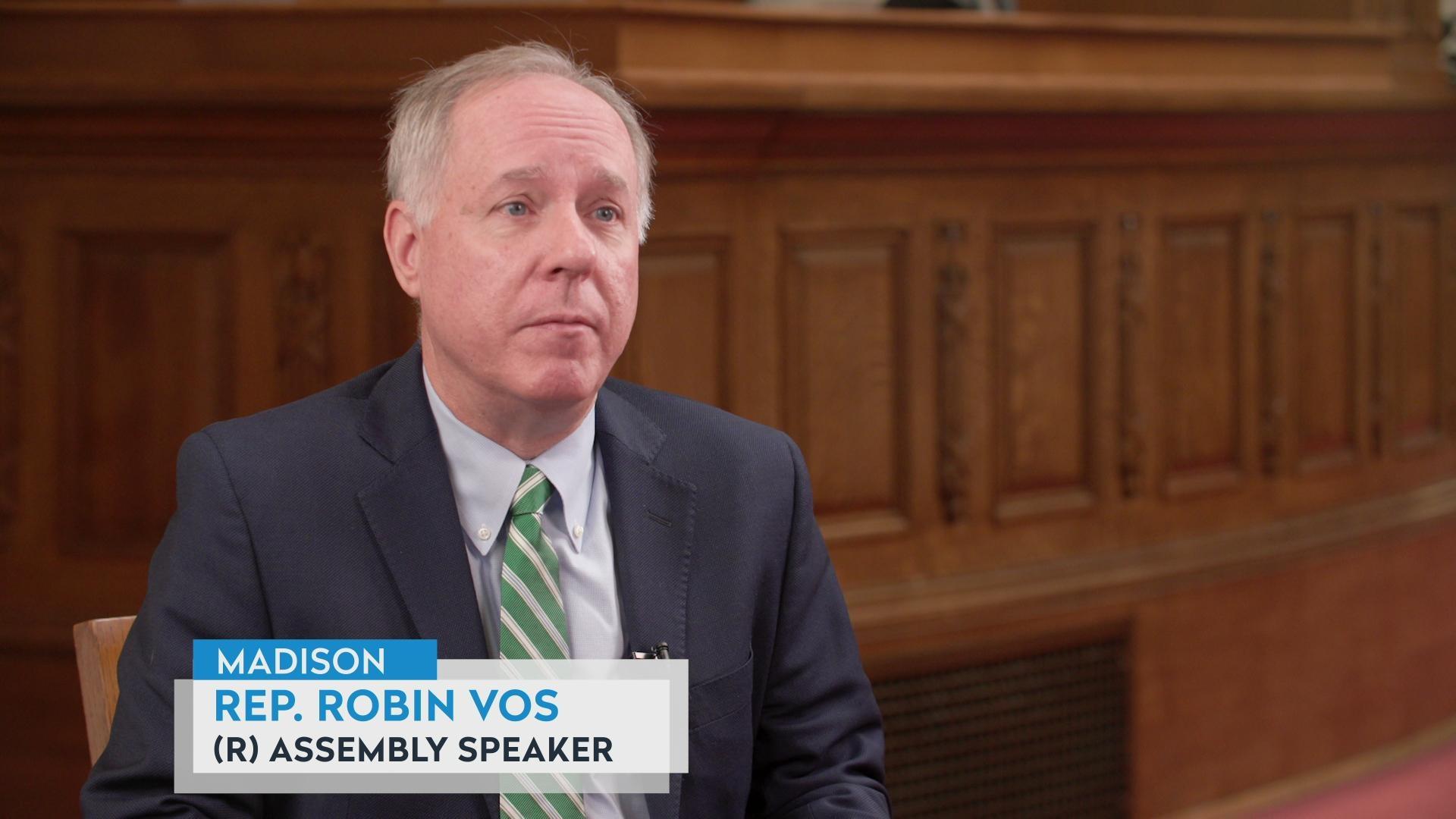

Follow Us